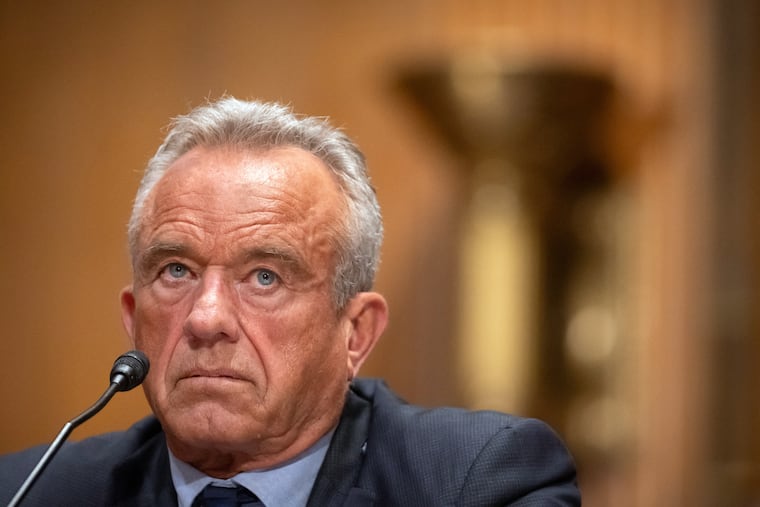Florida city requires developer to provide evidence of funding for park construction on city-owned land.
In a recent public meeting, Fort Lauderdale’s city commissioners raised significant concerns regarding the financing commitments from developer Jeff John, who was awarded a contract in 2020 for a substantial public-private partnership project. This collaboration, which encompasses the construction of a food hall, a cultural center, and an Arts Park on prime city land in Flagler Village, has seen little progress despite the project’s promised start.
During the Tuesday meeting, John, whose company, One Stop FTL, currently has a 100-year lease on the property, failed to provide documentation to substantiate his claims of having secured necessary funding for the 0 million project. This development has prompted the city commission to declare John and his company in default of their contractual obligations, allowing them a window of 30 days to prove they possess the requisite financial backing. Should John fail to meet this deadline, Mayor Dean Trantalis stated he would recommend the termination of the agreement.
The land in question, situated in the 300 block of North Andrews Avenue, has been inaccessible to the public for over three years, prompting frustration among city officials and community members alike. Trantalis, alarmed by the lack of progress, had previously requested John to attend the commission meeting equipped with proof of financing. When pressed for documentation during the meeting, John admitted he was unable to provide any physical copies, a revelation that drew criticism from Vice Mayor John Herbst, who voiced disbelief at the situation, emphasizing that essential financial details should not be handled informally through devices like an iPad.
John claimed that he has a signed commitment from a global financial institution to fund the project but declined to disclose the name of the lender, which further raised eyebrows among the commissioners and observers. The conversation revealed confusion over the identities and credibility of the financial entities involved, leading to heightened scrutiny by city officials who emphasized the importance of transparency.
The comprehensive agreement established in November 2022 required John to demonstrate financial commitment within 90 days, a stipulation that, according to city officials, has not been fulfilled adequately. While some non-committal letters from potential financial backers were provided during 2023, these did not constitute a solid confirmation of funding necessary to proceed.
Public sentiment during the meeting leaned towards skepticism regarding the feasibility of continuing the partnership, with various residents urging the commission to reconsider the arrangement with John. Critics highlighted the lack of timely progress and expressed concern over what they termed “smoke and mirrors” tactics.
As the deadline looms for John to present tangible proof of financing, the future of this ambitious project remains uncertain, with city officials contemplating a decisive response should the current terms remain unfulfilled. The commissioners are now faced with a critical decision that could shape the landscape of Fort Lauderdale for years to come. With local stakeholders keenly interested in seeing productive development of the area, the situation calls for careful deliberation on the viability of public-private partnerships moving forward.







